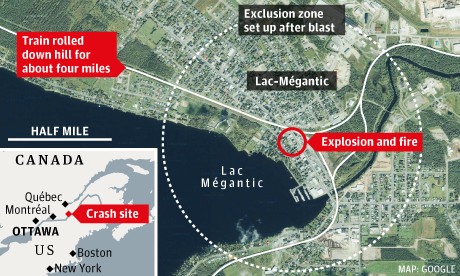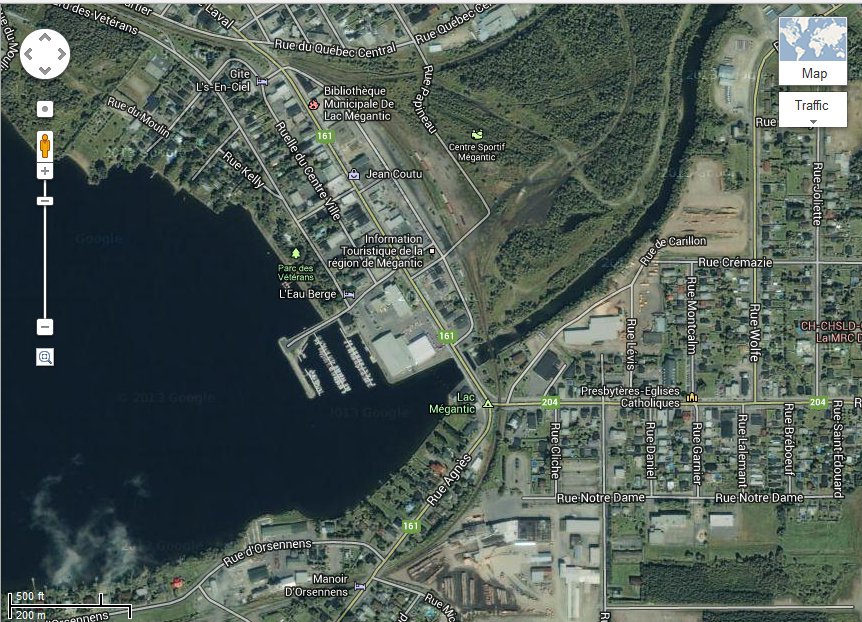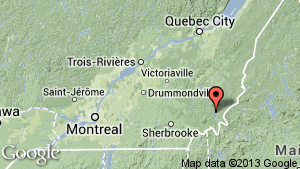I don’t follow hockey at all, so I had to be reminded that there already was an NHL team in Phoenix. The fact that the team is bleeding money all over is not a surprise — that they’re determined to stay in Arizona and continue losing lots of money? That’s just dumb:
As you probably know by now, the Phoenix Coyotes are staying in Glendale, but they’ll be changing their name to the Arizona Coyotes to reflect the fact they aren’t in Phoenix.
Now anyone with a modicum of common sense knows that this is a venture that is almost certain to fail, given how much money the team has lost over the years, the bankruptcy process, attendance, etc. This is all made worse by the fact there are several viable markets itching to get a team (Quebec City and Southern Ontario spring to mind).
If you’re a Coyotes fan, you might be thinking, “what does this clown know? He’s just some idiot with a blog. Hey, he was probably a diehard Jets supporter and watched, ashen-faced, as his team played its last game on his 15th birthday before leaving for the desert bwahahahahaha.” To which I would respond, “hey, are you a stalker or something?”
Okay, so I’m not a fancy economist or anything and perhaps I’ll never let the departure of the original Jets go.
The guy who wrote the following IS an fancy economist though, and his opinion, which was submitted as part of legal wrangling between the league and former Coyotes owner Jerry Moyes over ex-RIM CEO Jim Balsillie’s brazen attempt to acquire the team without the NHL’s consent, is pretty clear. Leaving the Coyotes to founder Glendale is a terrible move on many levels.
H/T to Colby Cosh for the link.




 A large but as-yet undetermined amount of fuel is also reported to have spilled into the Chaudière River.
A large but as-yet undetermined amount of fuel is also reported to have spilled into the Chaudière River.

